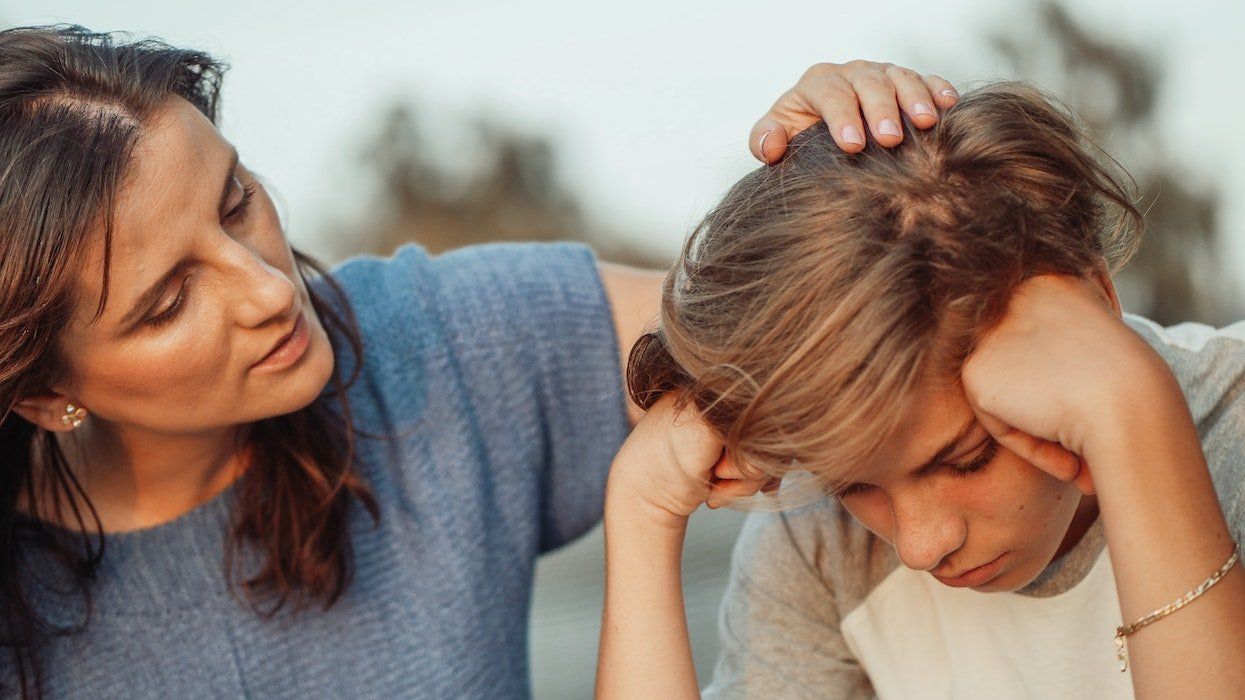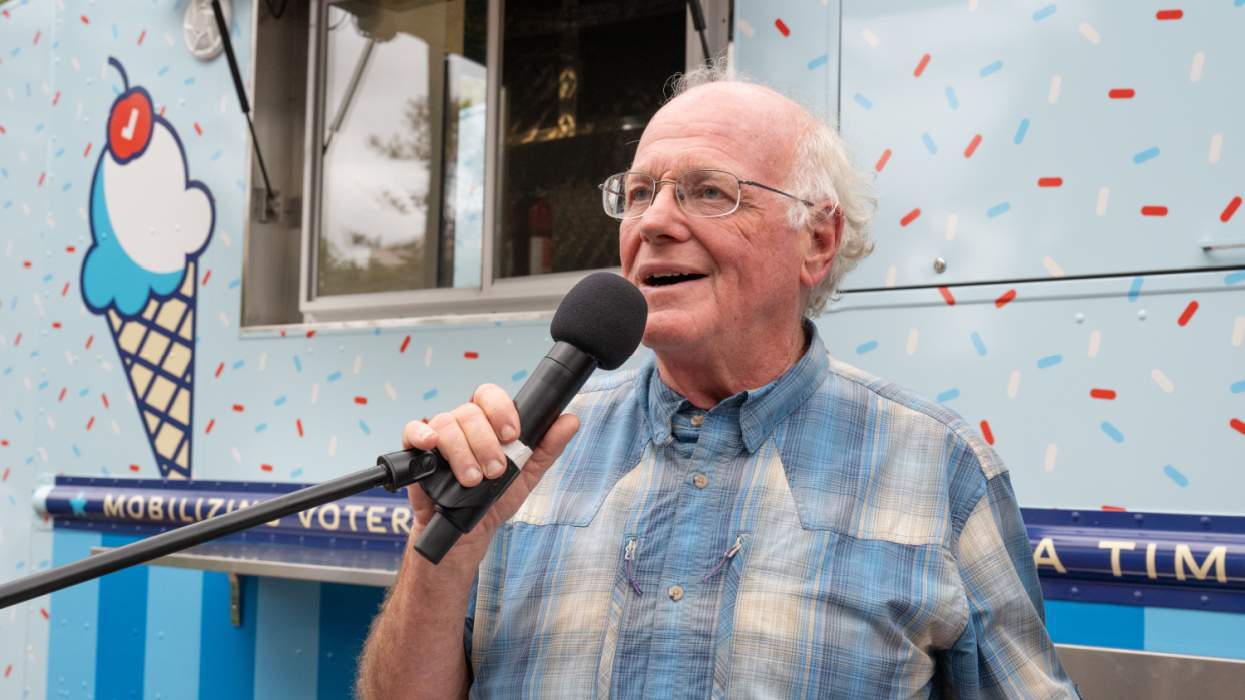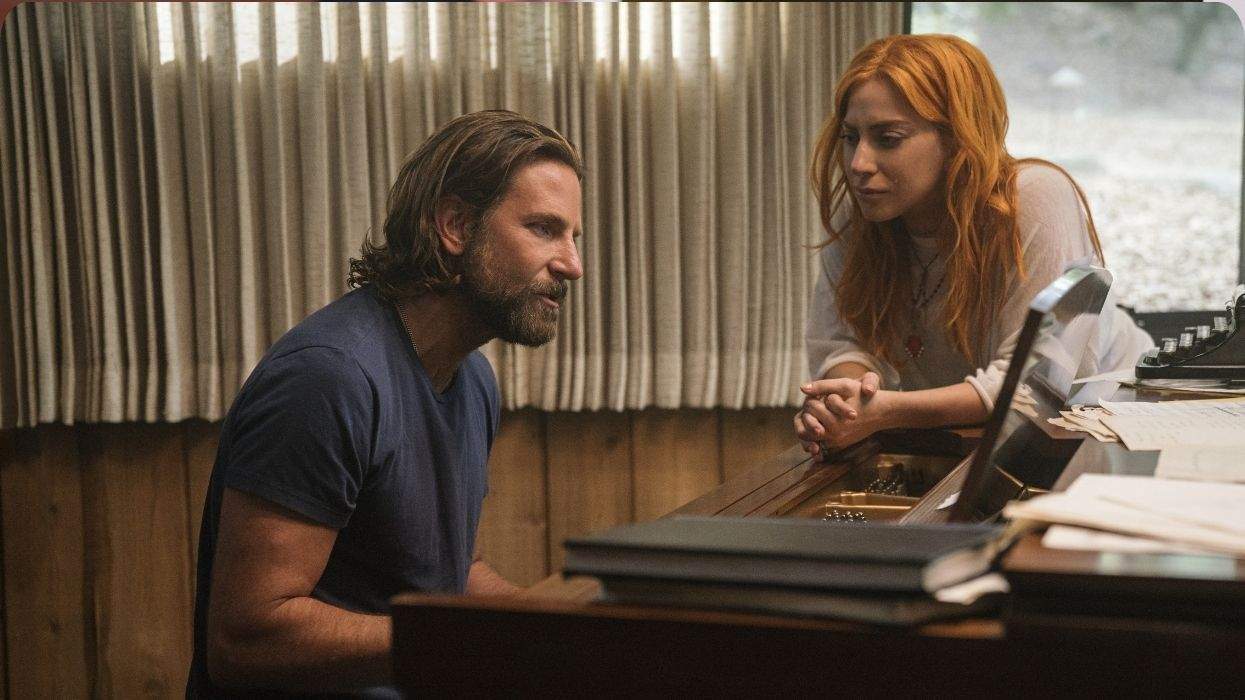LGBTQ+ young people want and need kind communities — and most say they don’t have one, according to a new study from Lady Gaga’s Born This Way Foundation.
The study also found that LGBTQ+ youth were less likely to rate their mental and emotional health highly than their straight and cisgender peers and that they lacked the resources they need to improve their situation.
On behalf of the Born This Way Foundation, which was founded by Lady Gaga and her mother, Cynthia Germanotta, to support youth mental health and work with young people to build a kinder and braver world, Benenson Strategy Group conducted 1,001 online interviews with 15-to 24-year-olds across the U.S., including oversamples of LGBTQ+ people and Black, Indigenous, and people of color (BIPOC), from March 24 to April 10.
The study, “Kind Communities: Perspectives From LGBTQ+ Young People,” was released Wednesday and is the first part of a longer-term “Kind Communities” research collaboration between Benenson Strategy Group and the Born This Way Foundation.
Among the key findings was that only 35 percent of LGBTQ+ respondents said they live in a community where people are kind to them, compared with 52 percent of non-LGBTQ+ participants. “The majority of LGBTQ+ young people feel overlooked,” the report says. “While most are not explicitly victimized, they also aren’t made to feel like there is kindness around them.”
“Being alone in this world without anyone I care about” is a source of anxiety, said one Black LGBTQ+ respondent. An Indigenous LGBTQ+ youth reported feeling stressed by “the thought that everyone around me hates my existence and I’m just in the way.”
The proportion of those saying they have a kind community in their school or workplace dropped “precipitously” since a survey the foundation conducted in 2017, the report notes.
LGBTQ+ youth were much less likely than their non-LGBTQ+ peers to rate their emotional health highly. One in four LGBTQ+ young people rated their mental health as “poor” and transgender young people, regardless of race, were struggling most, with around one in three rating their mental health as “poor.” Among non-LGBTQ+ participants, 14 percent called their mental health “poor,” 51 percent said “average,” and 35 percent said “excellent.”
“School and the future, thinking about being an adult with responsibilities, makes me feel sick,” said a Latinx transgender respondent.
But LGBTQ+ youth reported having little to no access to resources they need to support their mental health. Forty-five percent of LGBTQ+ youth overall said they have almost no access, and 57 of transgender and nonbinary young people did. Cost and stigma were cited as barriers to access, along with a belief that the care offered wouldn’t be appropriate or helpful.
However, LGBTQ+ young people want mental health services. Eighty percent agreed with the statement “My mental health is important to me, but I feel like I don’t know how to take care of and support it,” compared to 71 percent of non-LGBTQ+ respondents.
Seeking an online community has become increasingly important to LGBTQ+ youth. In the 2023 survey, 39 percent said they go online to find health and wellness resources and connect with people in similar situations, up from 30 percent in 2017. But there are limits to the usefulness of online resources; users wonder if the information is reliable, and some face harassment in online spaces.
Since the COVID-19 pandemic, the world has become a more difficult place for LGBTQ+ youth, the study says. “The last few years have put immense strains on communities across the country: folks have struggled to get through a global pandemic, process a national reckoning on race, make sense of political tumult, gun violence, and a climate crisis,” the document notes. “LGBTQ+ youth specifically have faced attacks on their identity. In 2023 alone, according to the Human Rights Campaign, over 540 anti-LGBTQ+ bills have been introduced in state legislatures and over 220 bills specifically target Transgender and Non-binary people. These bills threaten LGBTQ+ youth access to safe education, healthcare, extracurricular activities, and spaces including bathrooms.”
“It’s imperative for LGBTQ+ youth mental health and our collective mental wellness to build kind communities with free, accessible resources and safe spaces that welcome and affirm young people for exactly who they are,” it continues. “Now is our time to act.”
“It is crucial to elevate the experiences of LGBTQ+ young people, especially given the current landscape,” Terez Hanhan, programs and research manager at the foundation, said in a press release. “We are deeply committed to ensuring that every young person feels safe — and not only validated, but celebrated — as they connect and engage with others around them. This research serves as a call to action for all communities, including researchers, policymakers, educators, employers, community advocates, caregivers, and allies alike to build a kinder, braver world, together.”
The full study is available here.















Charlie Kirk DID say stoning gay people was the 'perfect law' — and these other heinous quotes
These are some of his worst comments about LGBTQ+ people made by Charlie Kirk.